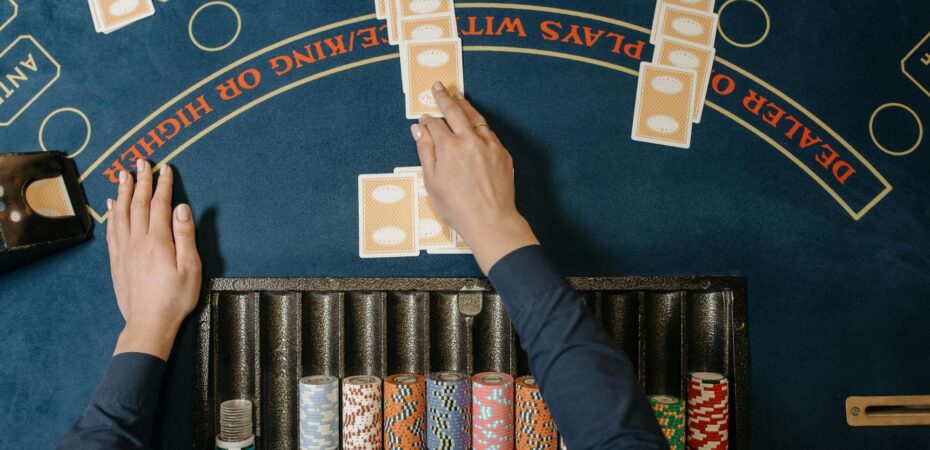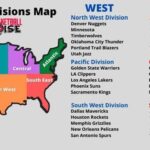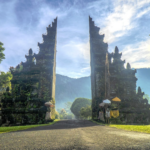Norway is globally admired not only for its mesmerizing fjords and northern lights, but also for how it merges modern technology with deep-rooted values. This Nordic nation has carefully crafted an online gambling structure that prioritizes integrity, protection, and societal benefit. Rather than flooding the market with options, Norway has opted for selectivity and oversight — a conscious decision that reflects its broader commitment to public welfare and ethical governance.
Norway – A Culture Anchored in Digital Trust and Social Fairness
From digital infrastructure to daily life, Norway is a country where technology and values move hand in hand. Over 90% of households enjoy high-speed internet, and mobile solutions are deeply embedded in how people interact with services.
This commitment to accessibility also extends to transportation and travel — Norwegian’s direct long-haul route from Oslo to Fort Lauderdale exemplifies how the country connects global mobility with public service values.
What stands out, however, is not just technical access — it’s how that access is safeguarded. Data privacy is considered a basic right, and digital literacy campaigns help ensure citizens understand their risks and responsibilities online. Institutions are built on trust and accountability, which means platforms offering public-facing services, including entertainment, are held to the highest standards.
In this context, it’s not surprising that the country’s approach to online casinos reflects the same mentality. Norwegians expect systems to be transparent, fair, and socially constructive, even when it comes to recreational activities. Gambling is not viewed as a vice, but as an activity requiring control and purpose.
The nation’s historical emphasis on social responsibility plays a key role. From education to justice, every sector is guided by a vision of sustainability and ethical clarity. Online gambling is simply one more area where these values apply.
✅ Noteworthy Aspects of Norwegian Society:
✔️ Public access to income data – Tax records are viewable by anyone, promoting equality and trust.
✔️ Environmental innovation – Electric vehicles dominate in major cities.
✔️ Universities have no tuition fees, even for foreigners.
✔️ The national wealth fund – the world’s largest – supports health and culture.
✔️ “Right to roam” laws give everyone access to nature.
✔️ Daycare centers often have toddlers sleep outdoors, even in winter.
✔️ Prisons prioritize rehabilitation and humane living conditions.
✔️ Gambling profits fund community programs rather than private shareholders.
These features are more than curiosities — they signal a deep, stable cultural approach that favors equity over excess. Norway’s approach to risk is balanced, measured, and always people-focused.
Gambling in Norway – Structured, Limited, and Designed for Safety
Unlike nations that invite dozens of private operators into the market, Norway enforces a state-led gambling model. The two legal providers — Norsk Tipping and Norsk Rikstoto — operate under government supervision. This limited-access framework doesn’t exist to prevent gambling but to keep it aligned with public interest.

Licensing and regulation fall under the Norwegian Gaming Authority. Their responsibilities go far beyond issuing permits — they monitor platform behavior, analysis financial fairness, and oversee how earnings are spent. This ensures that every krone generated through legal gambling serves a public cause.
Rather than bombard citizens with promotions, state platforms focus on responsible play. Deposit limits, reality checks, and tools for setting time restrictions are mandatory. Players are educated on how to recognize signs of compulsive behavior. The interface is designed not to entice, but to inform.
Transactions to foreign gambling websites are restricted, making it harder to access unlicensed providers. While some still use alternative payment systems, doing so places them outside the protection of national law. The system encourages staying within a safety net, not through fear, but through trust.
Importantly, gambling profits do not enrich private stakeholders. Revenues are reinvested into sports, education, and culture, ensuring every activity has broader value. In effect, gambling becomes a tool for national development — controlled, conscious, and ethically framed.
The Role of Casinoer-Online.com in Navigating the Landscape
Despite tight regulation, many Norwegians look beyond their borders for variety. International platforms licensed in jurisdictions like Malta or Curaçao remain accessible. However, evaluating these options is no small task — which is where platforms like casinoer-online.com prove indispensable.
This site stands apart from traditional affiliates. Rather than pushing promotions, it offers carefully analyzed comparisons, guides to payment methods, and analysis of platform integrity. Readers gain insights into operator reputation, withdrawal speed, and customer service responsiveness.
What sets Casinoer-Online.com apart is its focus on Norwegian users. The content is in native language, prioritizes local preferences, and reflects the regulatory context. Analysis include legal disclaimers and emphasize transparency over sensationalism. In a space often filled with flashy bonuses and unclear terms, this platform values readability and responsibility.
Importantly, it offers information without overpromising. While it introduces offshore options, it also highlights limitations and encourages readers to consider risk. It’s a resource — not a sales funnel — and that distinction matters.
By working as a digital compass, Casinoer-Online.com supports Norwegian players who want to make smart, informed choices in a complicated landscape.
Comparing Norway to the Rest of Europe
European gambling legislation varies widely. Countries like the UK and Italy allow open markets with many operators. This increases consumer choice but also the likelihood of encountering untrustworthy platforms or addictive mechanics. These models often depend on marketing volume rather than ethical clarity.
Norway’s choice to limit its gambling providers may seem restrictive at first glance. But fewer operators mean greater scrutiny, and greater scrutiny leads to safer experiences. The state ensures that public money flows back into communities, and every feature in the system is designed to minimize harm.

While some might view this approach as paternalistic, its outcomes speak volumes. Gambling addiction rates in Norway are among the lowest in Europe, according to data and initiatives promoted by the Norwegian Gaming Authority. Public approval for the system is high. And most importantly, those who do engage in gambling do so with tools that encourage mindfulness.
Moreover, the model is not static. Authorities analysis trends regularly — whether it’s the use of crypto wallets, rise of mobile-first interfaces, or shifts in player behavior. Adaptability is embedded in the system without sacrificing ethics.
Other countries considering reforms might find inspiration here. Norway’s success is not about restriction, but about managing complexity with a human lens.
Final Thoughts
Norway’s online gambling system is a unique case study in how digital entertainment can serve public good without compromising user safety. Through cultural alignment, strong regulation, and transparent intent, the country has built a system that works — not just for players, but for society as a whole.
As digital gaming continues to expand, Norway offers more than a legal framework. It offers a philosophy — one that places the individual within a community, the game within a structure, and profit within purpose. For countries seeking to balance innovation with responsibility, this Nordic model is well worth watching.


 By
By 





